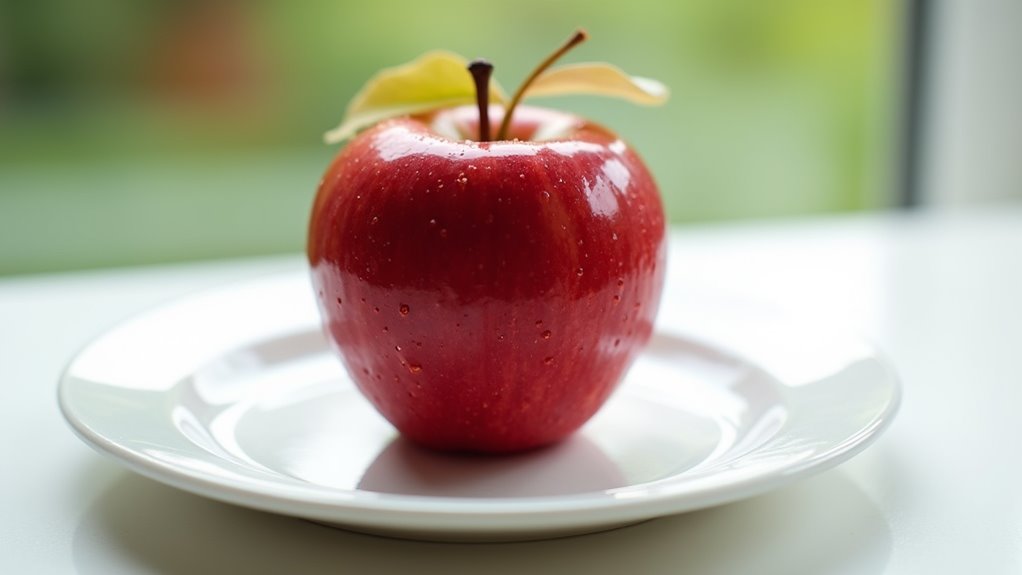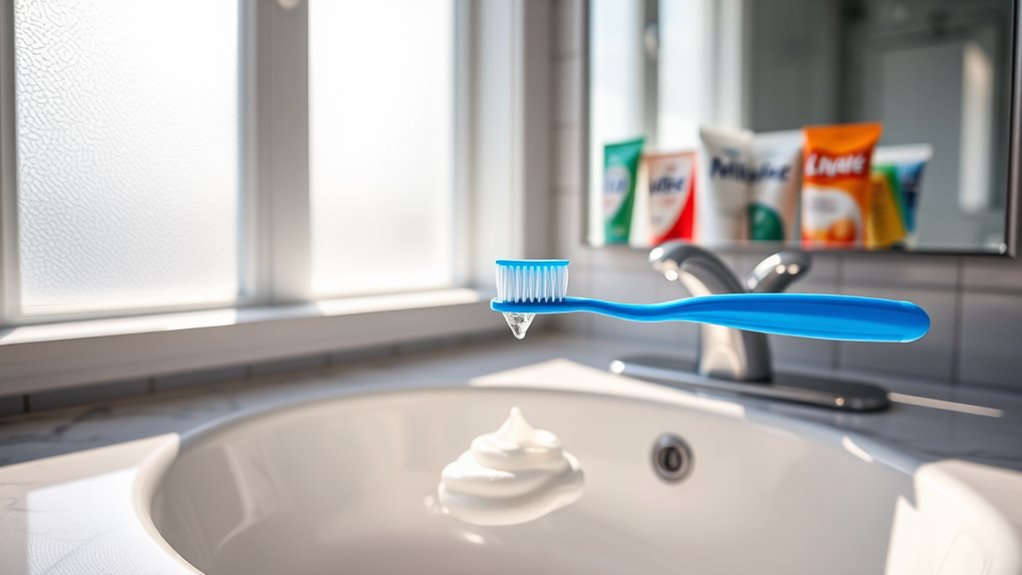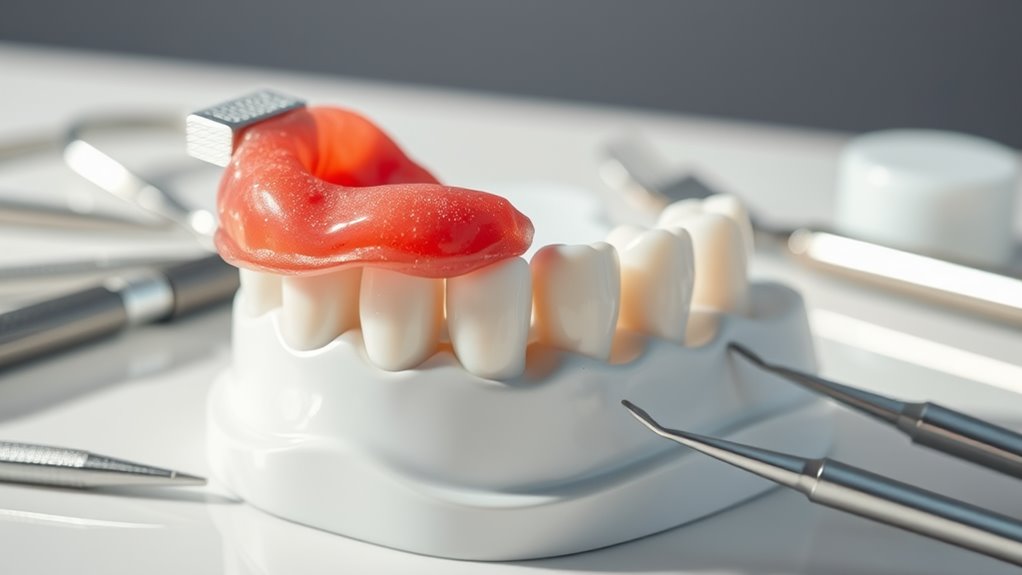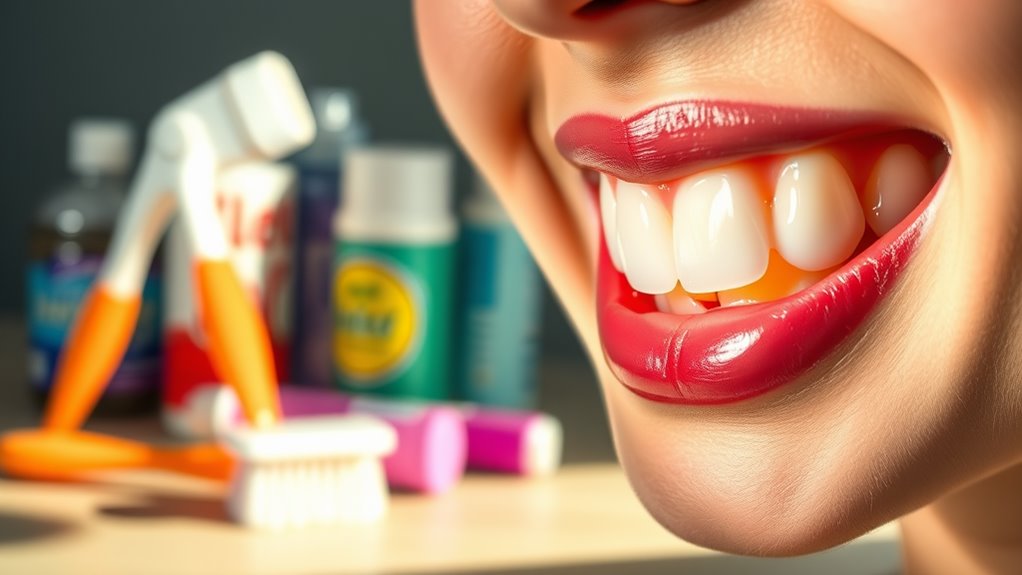The One Food That Keeps Your Teeth AND Gums Healthy!
You’ve probably heard countless recommendations about what to eat for healthier teeth, but there’s one dairy superstar that stands above the rest. While brushing and flossing are essential, adding cheese to your diet can dramatically improve your oral health. This protein-packed powerhouse doesn’t just strengthen your teeth – it actively fights cavity-causing bacteria and protects your gums in ways no other food can match.
Why Cheese Is Your Mouth’s Best Friend
While many foods can harm your teeth, cheese stands out as a dental superstar. This protein-rich dairy product is among the best food for teeth and gums, actively fighting cavities and strengthening your enamel.
When you bite into cheese, it stimulates saliva production, naturally washing away harmful bacteria and food particles.
What makes cheese particularly innovative for oral health is its unique ability to create a protective film around your teeth. This barrier helps neutralize acid attacks from other foods and beverages.
The calcium and phosphates in cheese also remineralize tooth enamel, essentially repairing microscopic damage before it becomes problematic. Additionally, cheese works best in conjunction with vitamin D for maximum absorption, enhancing its effectiveness for dental health.
You’ll get the most benefit from hard, aged cheeses like cheddar, Swiss, and Parmesan. These varieties contain higher concentrations of cavity-fighting compounds and require more chewing, which generates more protective saliva.
For optimal results, enjoy a small piece of cheese after meals or as a tooth-friendly snack.
Science-Backed Benefits of Cheese for Dental Health
Research confirms that cheese delivers significant dental health benefits beyond basic nutrition. When you eat cheese, it triggers increased saliva production, which helps neutralize harmful acids and protect your tooth enamel.
Studies show that cheese proteins create a protective film over your teeth, reducing the risk of cavities and erosion.
You’ll be amazed to learn that cheese contains casein phosphopeptides, compounds that actively remineralize tooth enamel by delivering calcium and phosphate directly to your teeth.
Recent research published in the Journal of General Dentistry found that eating cheese raises the pH level in your mouth, creating an environment where harmful bacteria struggle to survive.
The calcium and protein content in cheese strengthens your teeth’s structure while promoting gum health.
Even more impressive, cheese’s probiotic properties help balance your oral microbiome, reducing inflammation and fighting periodontal disease. Additionally, maintaining good oral health can contribute to overall well-being and reduce the risk of related health issues.
These scientifically proven benefits make cheese an essential part of your dental care routine.
Best Ways to Add Cheese to Your Dental Care Routine
Since cheese offers powerful protection for your teeth, incorporating it strategically into your daily routine can maximize its dental benefits.
Consider timing your cheese consumption to coincide with moments when your teeth are most vulnerable to acid attacks and demineralization.
For optimal dental protection, try these innovative approaches to adding cheese to your daily routine:
- End each meal with a small cube of hard cheese to neutralize acids and protect against post-meal bacteria.
- Pack string cheese as your mid-afternoon snack, especially if you can’t brush after lunch.
- Create a “dental defense plate” by pairing acidic foods like fruits with cheese slices during meals.
- Keep shelf-stable cheese snacks in your desk or car for unexpected moments when you need oral pH balance.
Remember to choose aged, hard cheeses like cheddar, Swiss, or Parmesan for maximum calcium phosphate content and tooth-strengthening properties. Additionally, incorporating cheese into your diet can help provide essential calcium which is crucial for maintaining strong enamel and preventing decay.




